Raising Good Citizens
By Holly Hartman
Raising Good Citizens
The sights and sounds of the Boomer Blast make July seem like the most patriotic time of year. With flags flying and bands playing Yankee Doodle Dandy, it is easy to feel that we live in a great country and a great state. When my kids were young, our neighbor Mignon Hamilton hosted an annual parade and cookout that brought us all together to march, sing, play, hear some history and compete for silver-dollar prizes in the t-shirt contest. It was a memorable summer highlight that provided the chance to meet our neighbors, share common ground, and celebrate democracy. While every day can’t be the 4th of July, children need to experience some sort of civic participation early and often in their lives if we are to maintain the quality of life and community we love to celebrate on Independence Day. Otherwise, what if we held an election and nobody voted?
Civic engagement with a young child might mean greeting a police officer, garbage collector or other public servant with a wave, a handshake or a bottle of cold water on a hot day, and thanking them for the work they do. It might be pointing out a water main being repaired or a cable installed, explaining that our utility bills pay for such things. It could be bringing a child along to a public event to meet city officials and ask questions about our city. Or maybe it’s simply pausing to pick up trash at the park, while talking about how parks belong to everyone.
For young children, “show” is always more powerful than “tell”, so the key to teaching good citizenship is mostly about being a good citizen on a daily basis, in concrete and positive ways. And that’s not just caregivers; all of us set an example with our behavior that children are watching and learning from, all the time!
One of the youngest people ever to serve in the U.S. Congress once said that her father took her to Washington when she was young and told her that all the buildings and activities inside them belonged to the people and therefore to her. She clearly grew up feeling ownership and responsibility for the systems that help us coexist as citizens and thrive as a nation. I was lucky to have parents who voted in every election and volunteered in the community, instilling civic participation as an important and lasting value. I don't remember any lessons or lectures, it’s just what they did, and they expected my brothers and I would do the same.
A mountain of research has concluded that children as young as 12 months of age have an understanding and desire for fairness and equity, so it is never too early to begin teaching citizenship. Maybe a good place to start is with a chorus of Yankee Doodle... Keep it up!
Holly Hartman is an early childhood author, educator and member of Stillwater’s Early Childhood Coalition.

